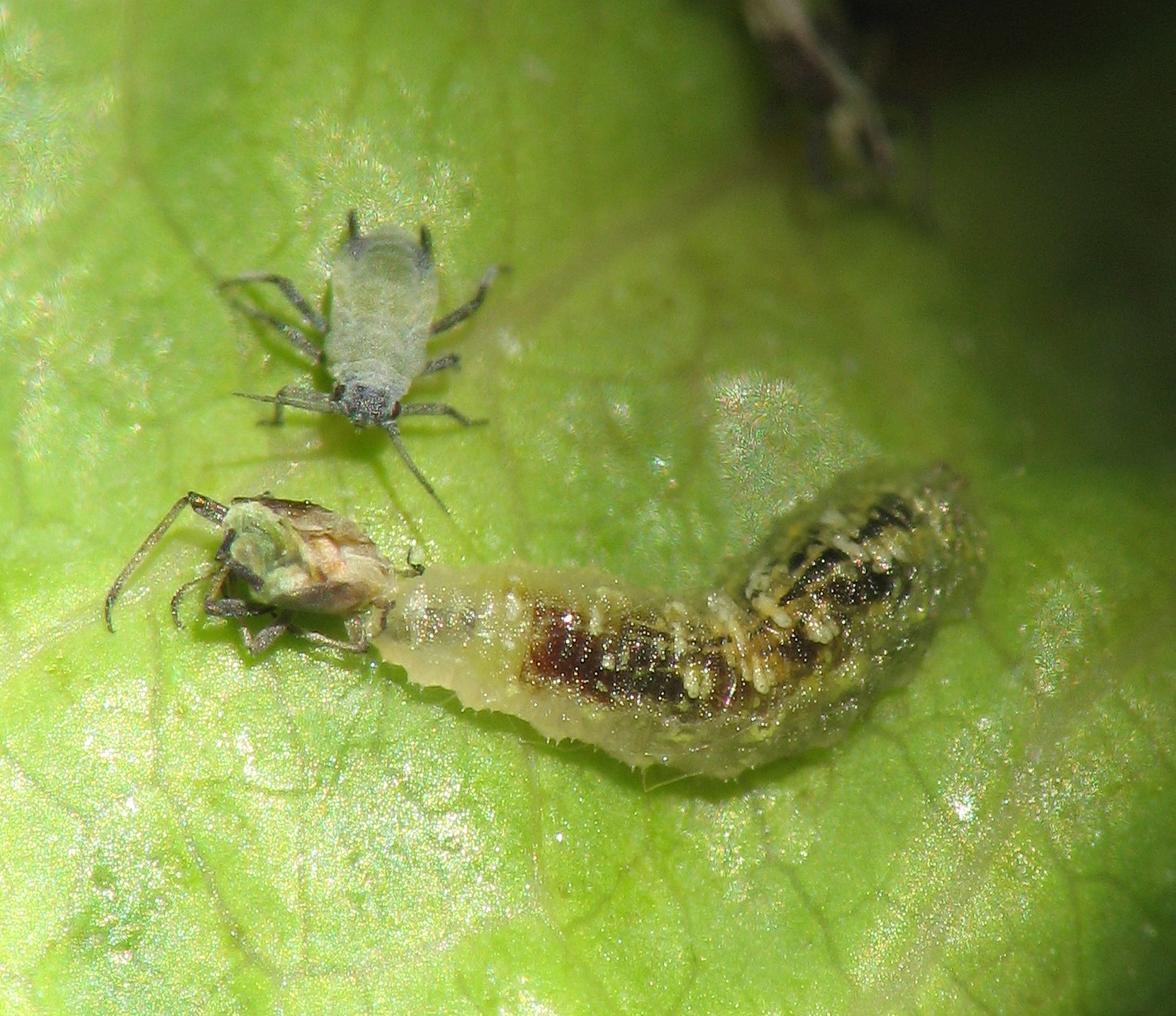

Fumigation is the process of suffocating or poisoning an insect within a given area using fumigants. The fumigator obtains permission for fumigation from a licensing authority to issue a fumigation certificate. Where relevant, the import of assets without a fumigation certificate is prohibited in most countries.
For example, if you’re a buyer in the United States, you might come across the term “USDA Examination” on a container that has been imported. The primary purpose of this examination is to examine the condition of pests or other insects within your shipment. Your cargo’s fumigation and backup documentation ensure that it passes inspection.
If your items are being carried in wood packing materials, you should request that the provider fumigates them and provides a fumigation certificate as well as other export papers.
Before the loading of items, an empty container might be fumigated in some circumstances. The most common technique is to fumigate afterwards when the cargo has been packed and the container door is shut. This form of fumigation is more efficient since chemical jets used for fumigation circulate throughout the container.
Alternative packing materials, such as plastic packing materials (plastic pallets, crates, etc.), have become more popular in recent years since they are safer when using pesticides. Furthermore, man-made wood-packing materials, such as cardboard boxes, blockboard, plywood, MDF/HDF (pressing wood fibers results in MDF/HDF), and hardboard are worth considering. All insects are eliminated during the manufacturing of these “man-made” wood-packing materials due to high temperatures and pressure
We often undervalue the importance of fumigating goods in a shipment. The process of fumigation, though it is an inconvenience and lengthens the shipping procedure, ensures that the biodiversity of the target country is preserved by preventing pests or sickness from entering it.
In the worldwide freight transportation business, importing nations require fumigation for wood-packing supplies that contain solid wood/timber and logs. Importing nations, on the other hand, do not have to be fumigated for cardboard boxes, plywood, blockboard, hardboard, particleboard, or other human-built boards.
Because they are carried via air and sea freight, international shipments require the use of solid timers and logs. Furthermore, because pallets are used, it is necessary to fumigate them as well. Those noxious insects will almost certainly cause damage to the environment in importing countries if they are not properly exterminated before arrival.
Other things that must be fumigated include trees, animals, and plants as well as animal-based items like hides.
Fumigation is the process of suffocating or poisoning an insect within a defined space using fumigants. The fumigator obtains permission for fumigation from a licensing body to issue a fumigation certificate.
In the absence of a fumigation certificate, the shipment will be refused by the receiving nation or, in more extreme circumstances, must be destroyed.
Make sure you have all necessary papers in order to ensure a trouble-free delivery if you need help, contact a a fumigation company like UrbanHawks who can assist you.
The way we consume entertainment has changed dramatically, with Subscription Video on Demand (SVOD) leading…
The Evolution of Inventory Tracking RFID inventory management software is transforming how businesses track, manage,…
The Unexpected Costs of Unprotected Windshields Polaris Ranger windshields protection is more than just a…
Probably one of the best things people do to secure their finances is the purchase…
The iPhone 15 is still a great buy Released in 2023, the iPhone 15 brought…
By Josh Breaker-Rolfe Data security posture management (DSPM) is the rising star of the data…